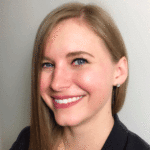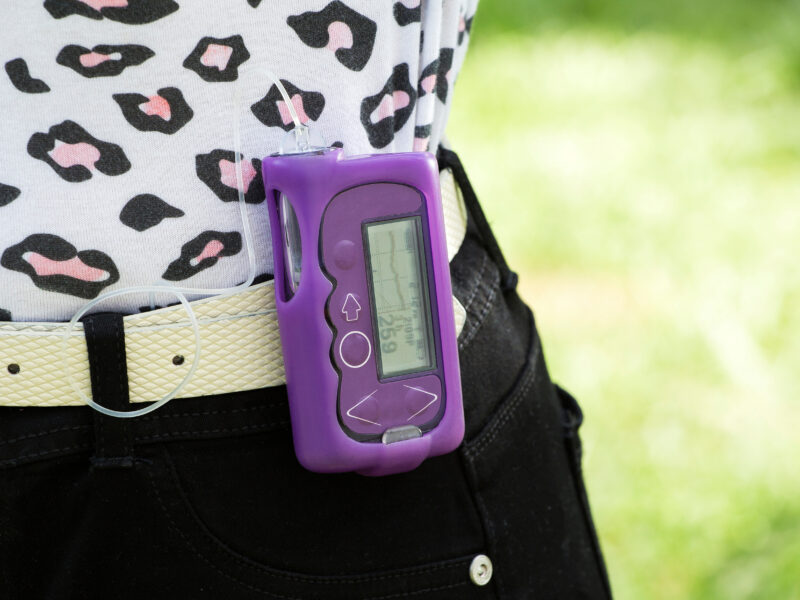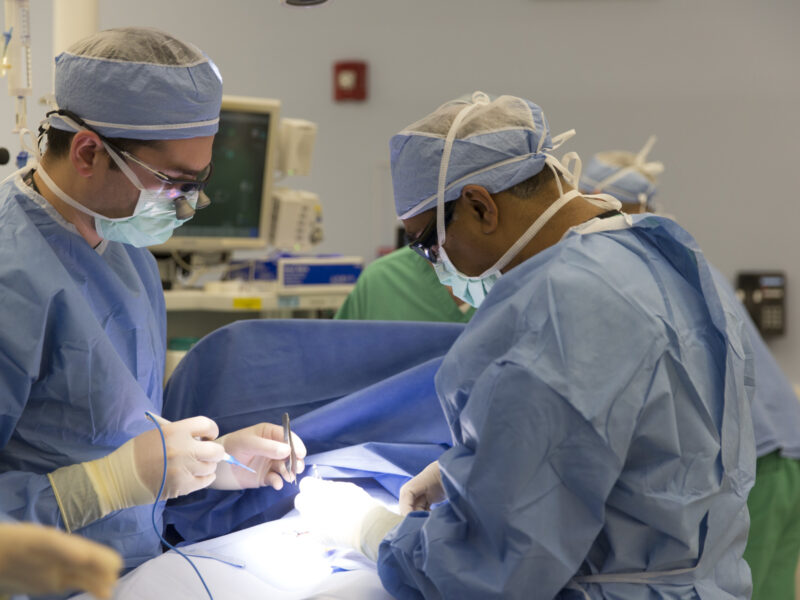Does Psychosocial Functioning Differ Among Children With and Without Differences of Sex Development?
Does Psychosocial Functioning Differ Among Children With and Without Differences of Sex Development? https://pediatricsnationwide.org/wp-content/uploads/2019/05/AdobeStock_99773651-wait-times-header-1024x575.gif 1024 575 Lauren Dembeck Lauren Dembeck https://pediatricsnationwide.org/wp-content/uploads/2021/03/Dembeck_headshot.gif- February 01, 2021
- Lauren Dembeck

A multidisciplinary team of researchers recently found that children with differences of sex development (DSD) appear to be at greater risk for psychosocial problems relative to children with cleft lip and/or palate (CL/P) and unaffected peers.
The study, which was published in the Journal of Pediatric Psychology, highlights the increased need for integrated interdisciplinary care with psychosocial risk monitoring in this patient population.
“Differences in genital appearance, internal reproductive organs, and sex chromosomes can sometimes bring about shame and secrecy that can often be a recipe for poor adjustment and other psychological concerns and issues in terms of body image differences, future romantic relationships, and potential fertility difficulties,” explains Jennifer Hansen-Moore, PhD, first author of the study and a pediatric psychologist at Nationwide Children’s Hospital.
Dr. Hansen-Moore and other study co-authors are members of the clinical team for the THRIVE program (Team-driven Healthcare that Respects Individuals and Values Emotions) at Nationwide Children’s, which aims to provide individualized, evidence-based care in a manner that values physical and mental health for individuals and family members presenting with a DSD or a complex urological condition.
“Historically, DSDs were dealt with simply as medical conditions. We would treat them medically or surgically, without assistance from psychosocial specialists. However, we realized that is not the best way to care for these children and these families. We need to address these issues holistically because it is really a family that we are helping, not just a particular child,” says co-author Dr. Rama Jayanthi, who is chief of the section of pediatric urology at Nationwide Children’s.
“In THRIVE, there is a lot of participation from endocrinology, urology, and surgery as well as from social work, genetics, psychology, and psychiatry,” explains co-author Justin Indyk, MD,PhD, director of the THRIVE Endocrinology program and member of the Section of Endocrinology and Metabolism at Nationwide Children’s. “When patients and families have appointments, instead of multiple appointments with different specialists at different times, they essentially have one appointment where they see many specialists from our team.”
In collaboration with investigators at Boston Children’s Hospital, which also supports an interdisciplinary DSD clinic, the study compared survey responses for standardized measures assessing family functioning and their children’s health-related quality of life and psychosocial adjustment from parents of children with DSD, CL/P, and a comparison group of unaffected children.
Ratings for children with DSD revealed that these children appear to have significantly lower health-related quality of life and greater internalizing problems compared to ratings for children with CL/P and unaffected children. Caregivers of children with DSD were significantly more likely to indicate that their child has had suicidal ideation and/or self-harm behaviors compared with the other groups. However, caregivers of children with DSD also reported significantly less family conflict relative to the other groups and greater family cohesion relative to the caregivers of unaffected children.
“It is important to recognize that these kids and families have a lot of stressors and need more support for more programs like THRIVE,” says Dr. Indyk. “We are fortunate to have support from our institution to put this program together.”
Reference:
Hansen-Moore JA, Kapa HM, Litteral JL, Nahata L, Indyk JA, Jayanthi VR, Chan YM, Tishelman AC, Crerand CE. Psychosocial Functioning Among Children With and Without Differences of Sex Development. Journal of Pediatric Psychology. 2020 Dec 14:jsaa089. doi: 10.1093/jpepsy/jsaa089. Epub ahead of print. PMID: 33313877.
Image Credit: Adobe Stock
About the author
Lauren Dembeck, PhD, is a freelance science and medical writer based in New York City. She completed her BS in biology and BA in foreign languages at West Virginia University. Dr. Dembeck studied the genetic basis of natural variation in complex traits for her doctorate in genetics at North Carolina State University. She then conducted postdoctoral research on the formation and regulation of neuronal circuits at the Okinawa Institute of Science and Technology in Japan.
-
Lauren Dembeckhttps://pediatricsnationwide.org/author/lauren-dembeck/
-
Lauren Dembeckhttps://pediatricsnationwide.org/author/lauren-dembeck/
-
Lauren Dembeckhttps://pediatricsnationwide.org/author/lauren-dembeck/
-
Lauren Dembeckhttps://pediatricsnationwide.org/author/lauren-dembeck/January 29, 2019
- Posted In:
- In Brief







